
Marriage inequality is literally making the LGBTI community sick
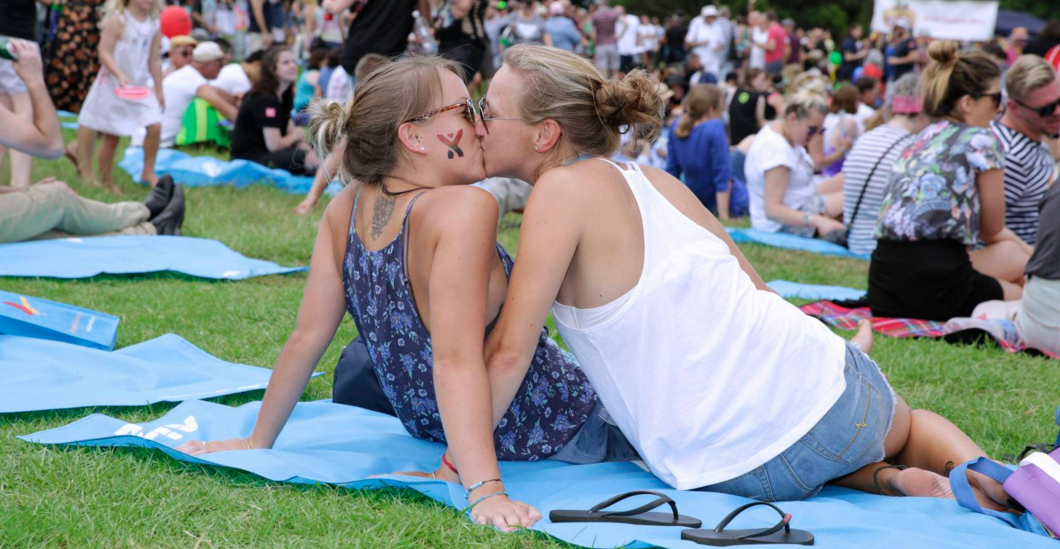
TODAY the Victorian AIDS Council, ACON, and the Equality Campaign released a joint statement on the health impacts of marriage discrimination.
The statement has been signed by dozens of health service providers and health professional organisations, all of whom recognise that marriage discrimination is harming the health of LGBTI people.
It is important to understand that LGBTI people do not have poorer health outcomes than the general population because of who they are, but rather because of the stigma and discrimination they are subjected to because of their LGBTI status.
Until we put an end to marriage discrimination, and discrimination of LGBTI people more generally, we will continue to see the negative health impacts prejudice has on LGBTI communities, just as we will continue to experience the burden this places on our health system.
Renewed talk of a plebiscite is unhelpful and unwelcome. It will provide a platform for damaging homophobic and bigoted views. It is also unnecessary, because we have been having a national debate on marriage equality now for many years, and polling has consistently shown that the large majority of Australians support marriage equality.
Although the current definition of marriage as being between a man and a woman clearly discriminates against same-sex attracted couples, it can also impact some intersex and transgender people.
For example, whether or not intersex individuals can marry is often determined by the sex listed on their birth certificate and who they desire to wed. Many transgender people who are already married are also unable to amend the sex on their birth certificate without first divorcing their husband or wife.
It’s important that the altered definition of marriage that brings about marriage equality is inclusive of all Australians.
While there is little data on the impact of marriage discrimination on transgender and intersex people, we know a great deal about the negative health impacts of marriage discrimination on lesbian, gay and bisexual people. The solution to these negative health impacts is simple: any two adults who love each other should have the right to marry.
There is no good reason why sexual orientation, gender identity, or sex characteristics should prevent two adults from marrying.
Of course, marriage discrimination is not the only form of discrimination that people in LGBTI communities are subjected to. More generally, homophobia and transphobia impact same-sex attracted and transgender people, and young intersex people are routinely forced to undergo unnecessary medically interventions.
At the Victorian AIDS Council we work to close that health gap with our LGTBI counselling service, where we see the consequences of stigma and discrimination every day.
Many of our clients come to us thinking there is something wrong with them, but the truth is that what’s wrong is the way our society treats them for doing nothing more than being who they are and loving who they love.
The fight for LGBTI rights did not begin with—nor will it end with—marriage equality, but there is no denying that extending the right to marry to all LGBTI people is one big step forward for our country, which is falling behind the rest of the developed world.
We do not need a $160 million plebiscite and we do not need to debate marriage equality any longer. It is time for federal politicians to respect the will of the people and legislate for marriage equality, because the debate is over; those on the side of love have won.
Simon Ruth is CEO of the Victorian AIDS Council.





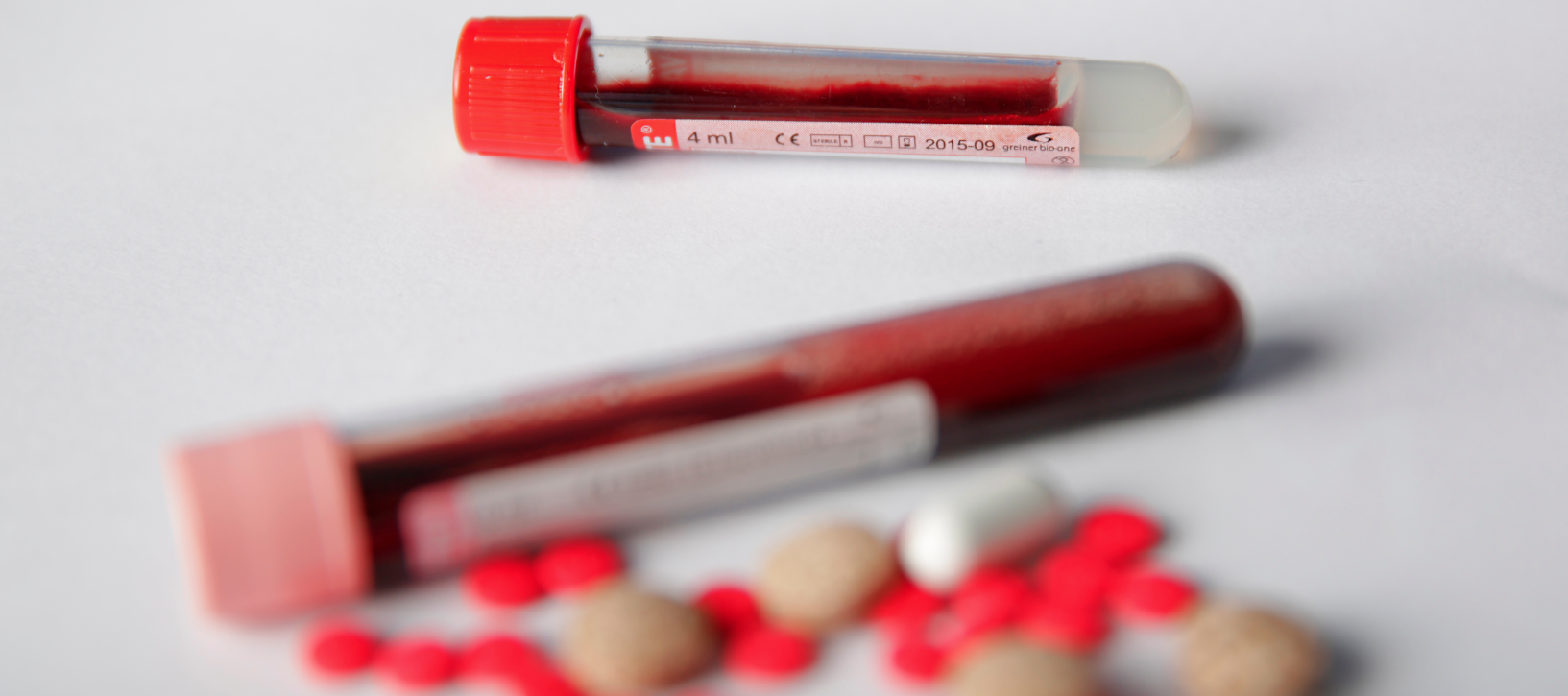

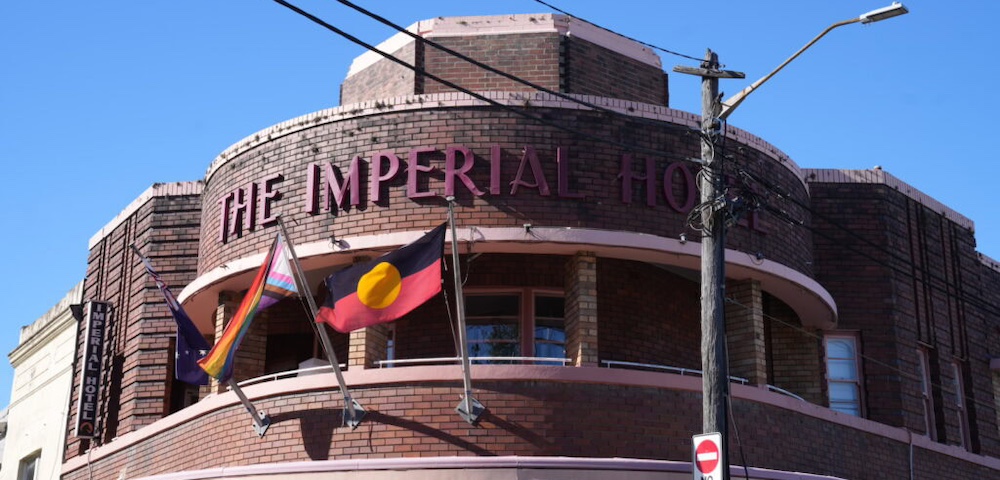
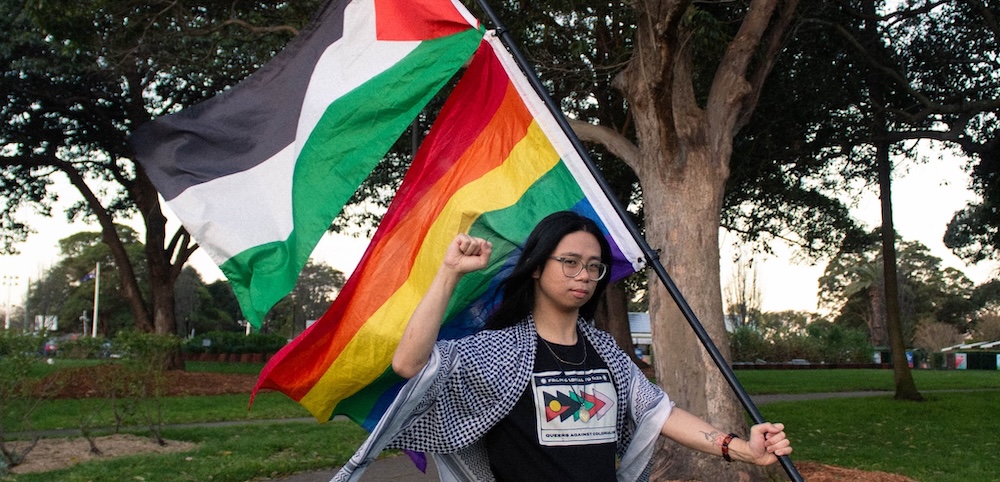
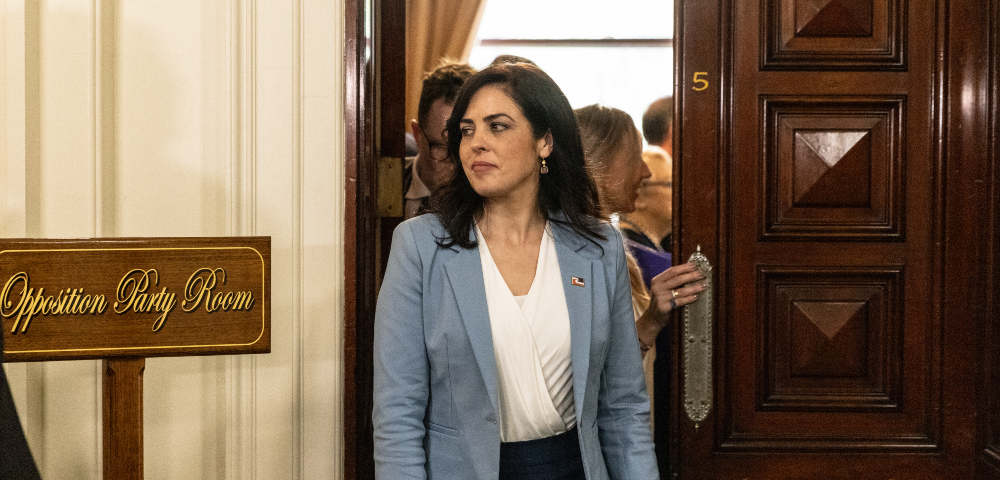
If the government chose to think outside-the-square, it would realise that it would actually save money for it’s mental health budget if it simply stopped it’s stress enabling/ebhansing discriminatory ways. But why should we expect wisdom to save the day?